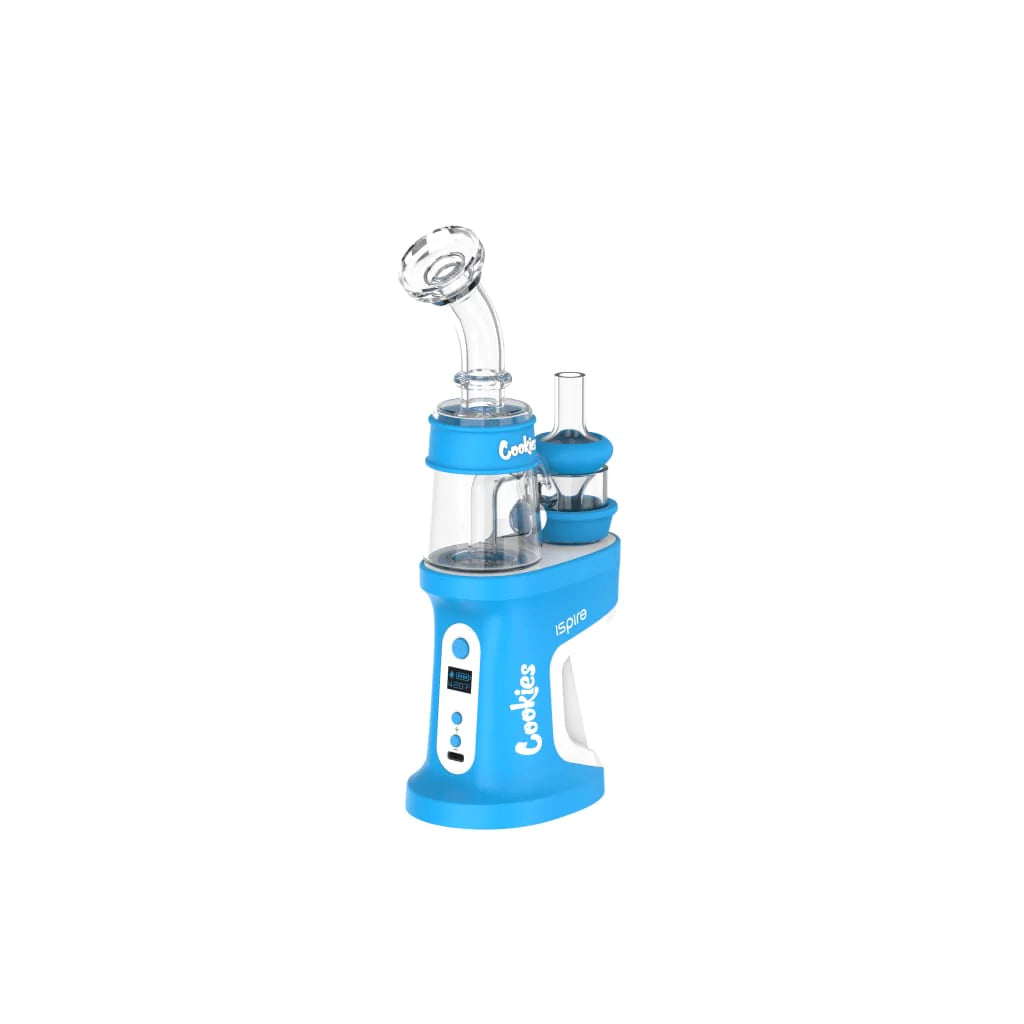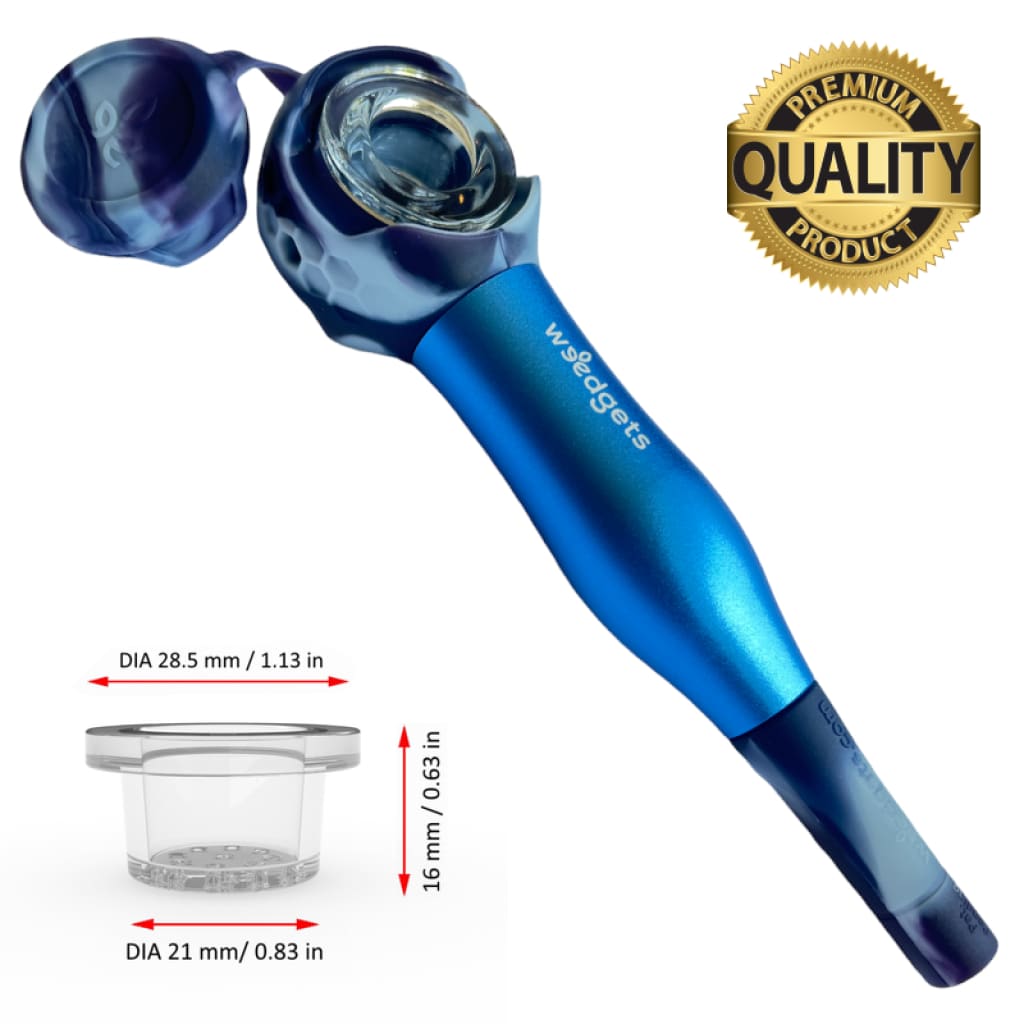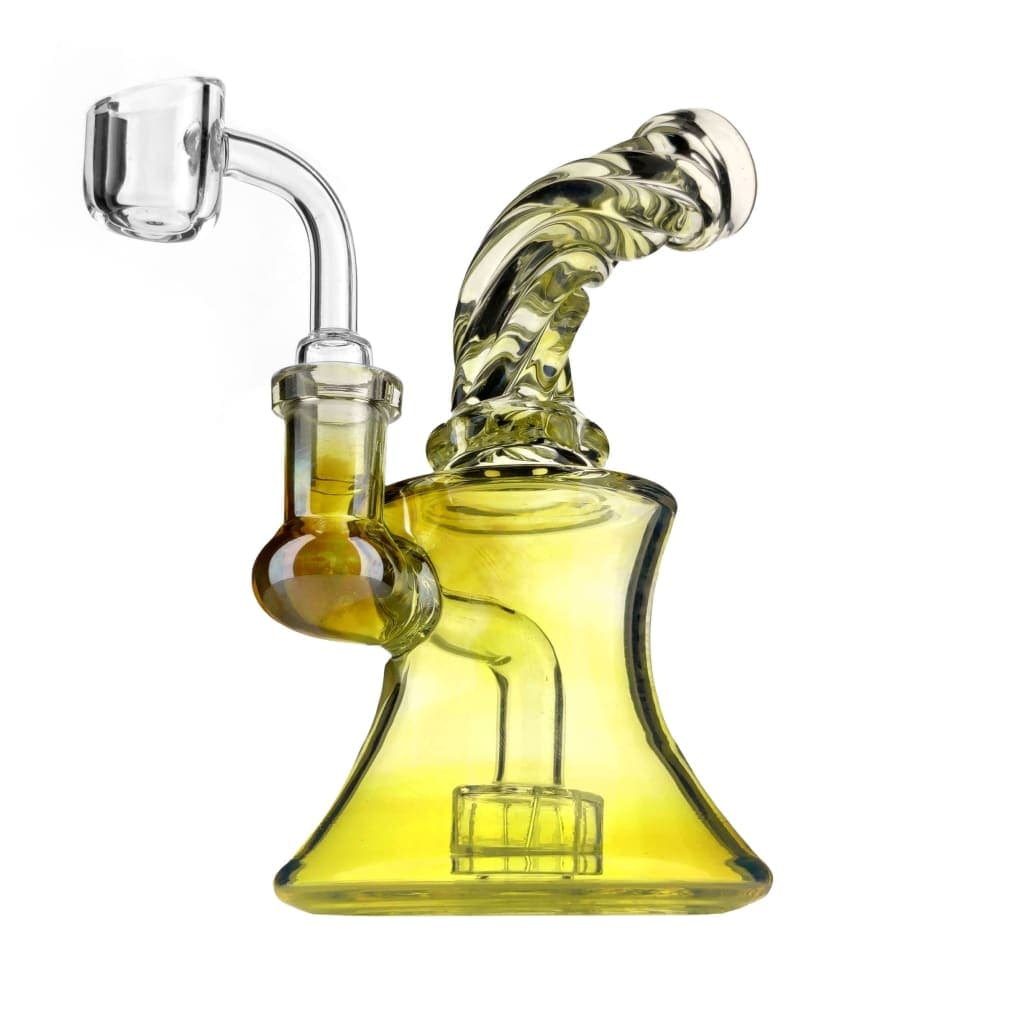news ·
2018 Farm Bill: New Horizons for the U.S. Hemp & CBD Industry
With the 2014 Farm Bill expiring this month, this year’s Farm Bill has become a hot-button topic in the industrial, agricultural and political realms. For those who may be unaware, the 2014 Farm Bill legalized the cultivation of hemp in states that had legalized hemp at the time. Needless to say, since then, more and more states have adopted the acceptance of hemp as a crop and the 2018 Farm Bill includes the Hemp Farming Act, which serves to move further in the direction that the previous Farm Bill was heading. Continue reading to find brief summations regarding some of the 2018 Farm Bill, as well as its Hemp Farming Act’s, biggest implications for the CBD market, banking, business, and the cannabis industry as a whole.
The 2018 Hemp Farming Act is a proposed law that aims to fully legalize industrial-level hemp in the United States as well as all products that may be derivatives of said hemp. In short, this law would remove characteristically low THC level hemp, and all products created using it, from the Controlled Substance Act entirely. Relatedly, this law would establish hemp as a recognized crop on the federal level in all other respects, allowing hemp farmers to reap the federally backed benefits like crop insurance that are given to those who industrially cultivate currently recognized crops such as wheat and corn.
Another benefit of the 2018 Farm Bill due to its inclusion of the 2018 Hemp Farming Act extends beyond prospective hemp pastures into the business sector, as it’s passing would allow farmers and other marijuana industry professionals to utilize the national banking system. While cannabis-based businesses currently cannot store money in federally backed banks due to the federal-level illegalities of the matter, this would open the doors of banks to industry professionals who were previously denied their services. The days of marijuana-related companies being forced to function as cash operations may soon be a thing of the past, as this would mean that one’s dispensary would now be able to accept payments through their credit or debit card.
As one may imagine, the passing of this legislation would also have a significant impact on the legalities of hemp in general, rescinding the Class 1 Substance status of hemp and all hemp-derived products. Resultantly, all CBD oil would almost be made federally legal, so long as they contain less than 0.3% THC. This has major implications for the CBD oil industry, as many professionals therein have often operated within a gray area due to changing federal as well as state laws. This would also all but guarantee that CBD products would be able to be sold at major retailers. However, inverse to the current situation in many states, this legislation will not trump individual state laws that may bar the production or distribution of the newly legalized products.
On the manufacturing side of things, hemp may rise to rival cotton as a go-to textile for the production of clothing as well as other goods, since it would no longer need to be imported from other countries and would be very easily accessible for manufacturers. Beyond that, hemp could once again be used in the production of items such as paper, rope, and many others, potentially becoming an affordable alternative to wood and other fibers. With the passing of this legislation, products such as food, skincare products, biodegradable plastics, construction materials, and even fuel could be produced using this highly versatile resource, creating millions of jobs in the process. Practical, efficient, and effective, a world with CBD products lining the shelves may soon become a reality.
The passing of the 2018 Farm Bill and its accompanying Hemp Farming Act could be revolutionary for both the farming and marijuana industries, as a world of patented, federally approved hemp products may be in our near future. From CBD oil products at local grocery stores, to the owners of marijuana industry businesses holding their money in federally backed banks, incredible changes may be on the horizon for all things tied to this plant within the United States. And with the current Farm Bill expiring on the 30th of this month, positive changes relating to hemp as well as cannabis business may be coming soon. For those who want to play a role in the passing or rejection of this legislation, contact your state’s senator today to make your voice heard, as a final decision will be reached before this month’s end. To receive more information on this topic and many others that pertain to the worlds of glass as well as cannabis, subscribe to our blog in order to stay updated.
The 2018 Hemp Farming Act is a proposed law that aims to fully legalize industrial-level hemp in the United States as well as all products that may be derivatives of said hemp. In short, this law would remove characteristically low THC level hemp, and all products created using it, from the Controlled Substance Act entirely. Relatedly, this law would establish hemp as a recognized crop on the federal level in all other respects, allowing hemp farmers to reap the federally backed benefits like crop insurance that are given to those who industrially cultivate currently recognized crops such as wheat and corn.
Another benefit of the 2018 Farm Bill due to its inclusion of the 2018 Hemp Farming Act extends beyond prospective hemp pastures into the business sector, as it’s passing would allow farmers and other marijuana industry professionals to utilize the national banking system. While cannabis-based businesses currently cannot store money in federally backed banks due to the federal-level illegalities of the matter, this would open the doors of banks to industry professionals who were previously denied their services. The days of marijuana-related companies being forced to function as cash operations may soon be a thing of the past, as this would mean that one’s dispensary would now be able to accept payments through their credit or debit card.
As one may imagine, the passing of this legislation would also have a significant impact on the legalities of hemp in general, rescinding the Class 1 Substance status of hemp and all hemp-derived products. Resultantly, all CBD oil would almost be made federally legal, so long as they contain less than 0.3% THC. This has major implications for the CBD oil industry, as many professionals therein have often operated within a gray area due to changing federal as well as state laws. This would also all but guarantee that CBD products would be able to be sold at major retailers. However, inverse to the current situation in many states, this legislation will not trump individual state laws that may bar the production or distribution of the newly legalized products.
On the manufacturing side of things, hemp may rise to rival cotton as a go-to textile for the production of clothing as well as other goods, since it would no longer need to be imported from other countries and would be very easily accessible for manufacturers. Beyond that, hemp could once again be used in the production of items such as paper, rope, and many others, potentially becoming an affordable alternative to wood and other fibers. With the passing of this legislation, products such as food, skincare products, biodegradable plastics, construction materials, and even fuel could be produced using this highly versatile resource, creating millions of jobs in the process. Practical, efficient, and effective, a world with CBD products lining the shelves may soon become a reality.
The passing of the 2018 Farm Bill and its accompanying Hemp Farming Act could be revolutionary for both the farming and marijuana industries, as a world of patented, federally approved hemp products may be in our near future. From CBD oil products at local grocery stores, to the owners of marijuana industry businesses holding their money in federally backed banks, incredible changes may be on the horizon for all things tied to this plant within the United States. And with the current Farm Bill expiring on the 30th of this month, positive changes relating to hemp as well as cannabis business may be coming soon. For those who want to play a role in the passing or rejection of this legislation, contact your state’s senator today to make your voice heard, as a final decision will be reached before this month’s end. To receive more information on this topic and many others that pertain to the worlds of glass as well as cannabis, subscribe to our blog in order to stay updated.





